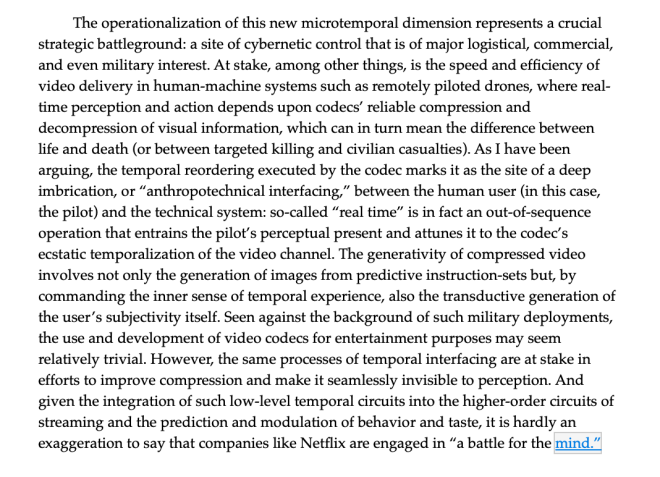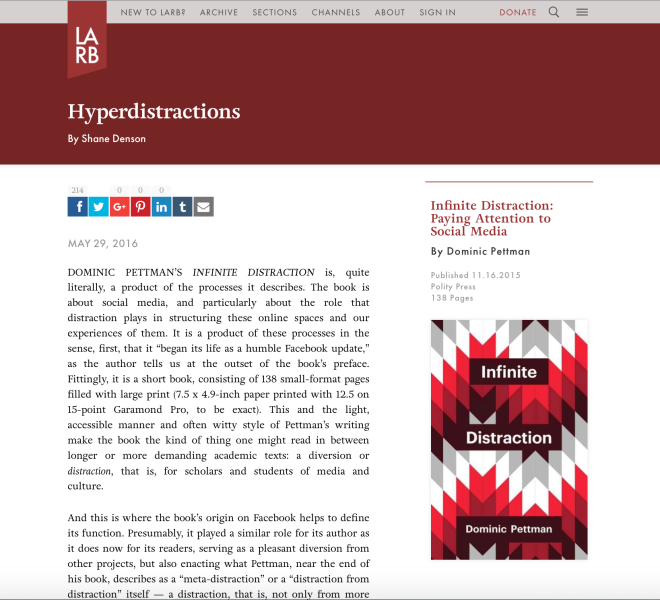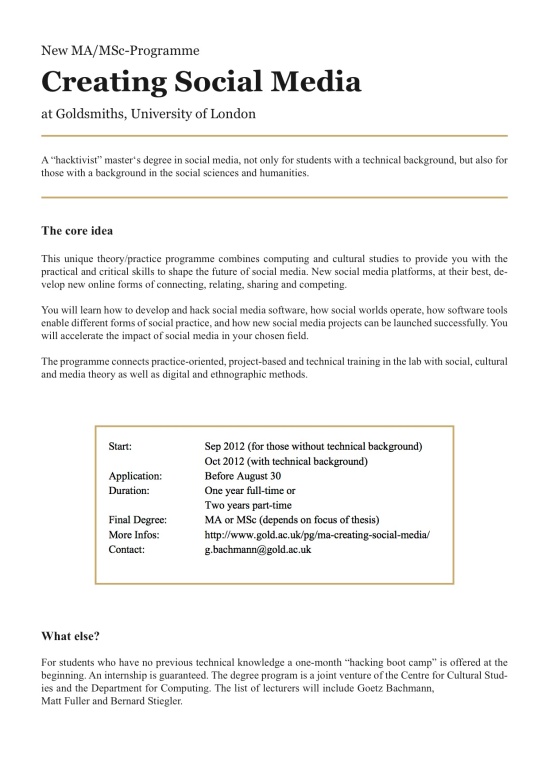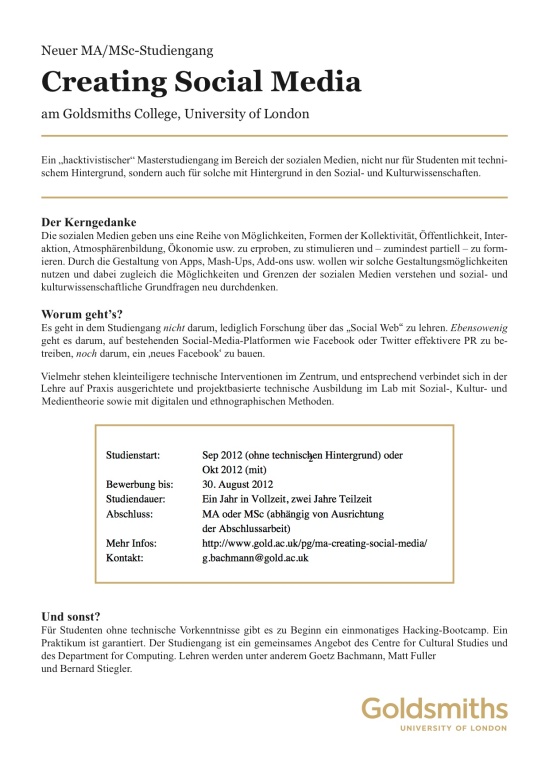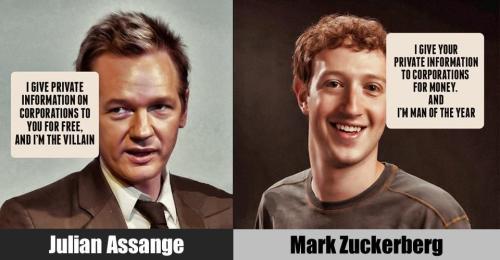
In case you’ve missed it in the news (and it was easy to do so for the first two weeks), a number of more or less loosely organized protesters have come together under the title #OccupyWallStreet – the Twitter hashtag that many believe is artificially being prevented from becoming a so-called “trending topic” on the social media site – and set up camp near Wall Street to demonstrate against the disproportionate concentration of wealth, the role of the financial sector in propagating poverty, and the protection of the wealthy few’s interests at the expense of the poor. People like Michael Moore and Noam Chomsky have come out in support of the occupiers, and lots of academics have expressed their sympathies as well.
News media ignored the topic at first – even after video of unprovoked brutality on the part of the police went online – but after 700+ people were arrested for blocking the Brooklyn Bridge, Occupy Wall Street has turned up in the mainstream media as well. The phenomenon is complex, and it’s still developing, so it’s hard to say what will happen next. But this is certainly something that should be of interest to media researchers of all stripes. I don’t wish to suggest any particular parallels, but the role of social media in Egypt and North Africa and the use of Blackberries in the London riots, for example, have sensitized us to the role of alternative media in social action. Currently, there are efforts underway on Twitter to popularize a larger “movement” (though movement is probably the wrong word, as McKenzie Wark points out): #OccupyAmerica.
#OccupyWallStreet and its viral offspring constitute, as Wark claims in an article on Verso Books’ blog, a “media event.” I highly recommend reading the full text of Wark’s essay, but I want to quote a few of the more directly media-related bits here nonetheless.
The occupation extends out into the intangible world of the vector, but not in the same way as Wall Street. The cop who was stupid enough to pepper-spray some women who were already cordoned off behind orange mesh was quickly identified by hackers, and all his information appeared on the internet for all to see. The incident on the Brooklyn bridge where the police let people onto the roadway and then arrested them for being on the roadway is on the internet from multiple angles. The occupation is also an occupation of the social media vector.
The so-called mainstream media doesn’t quite know how to deal with this. The formalities of how ‘news’ is now made is so baroque that news outlets descended to weird debates about whether the occupation is ‘news.’ It doesn’t have top tier publicists. It didn’t issue free samples. It doesn’t buy advertising space. It started without any celebrity spokesmodels. So how can it be news? The occupation exposed the poverty of reporting in America. And that in itself is news.
The abstraction that is the occupation is then a double one, an occupation of a place, somewhere near the actual Wall Street; and the occupation of the social media vector, with slogans, images, videos, stories. “Keep on forwarding!” might not be a bad slogan for it. Not to mention keep on creating the actual language for a politics in the space of social media. The companies that own those social media vectors will still collect a rent from all we say and do—not much can be done about that—but at least the space can be occupied by something other than cute cat pictures.
[…]
By now what we have here is what I would call a weird global media event. It is an event in that nobody knows what will happen next. It is a media event in that it’s fate is tied to the occupation of the double space of Zucotti square and the media at the same time. It is a global media event at least since the NYPD arrested people on the Brooklyn Bridge and handed the occupation great free publicity. (Thanks guys!) And it is a weird global media event in that it has unprecedented elements that set it outside the staple stories of now boredom, dissent, utopia and all that other stuff is usually managed and assuaged.
In diesem Sinne: RT & keep forwarding!
